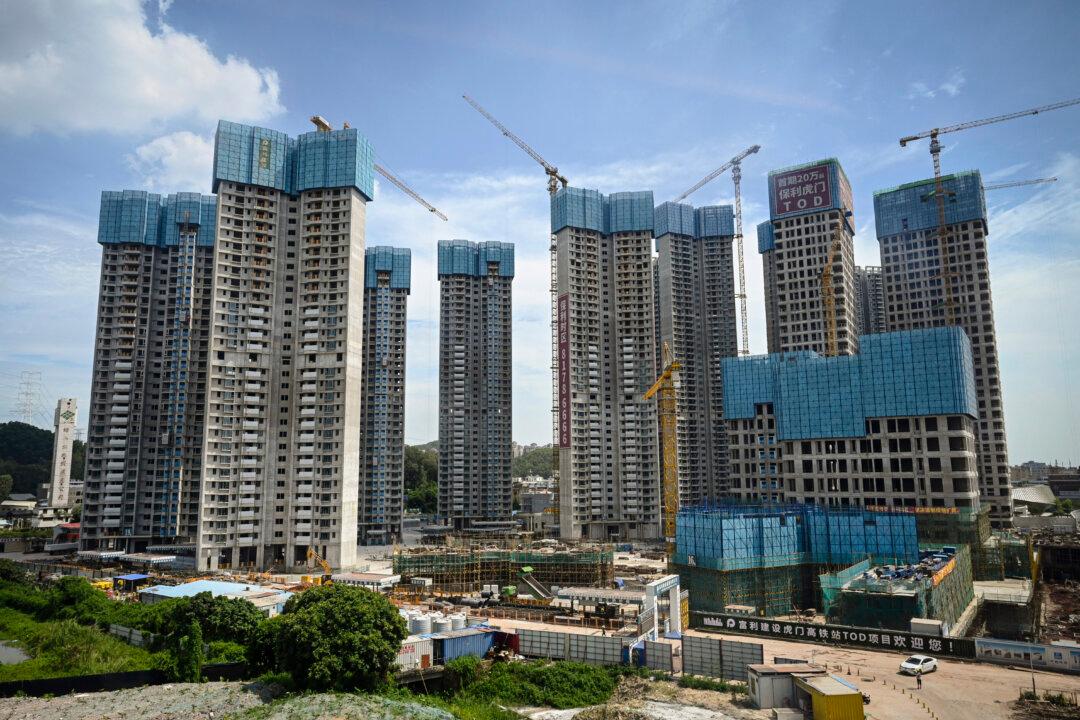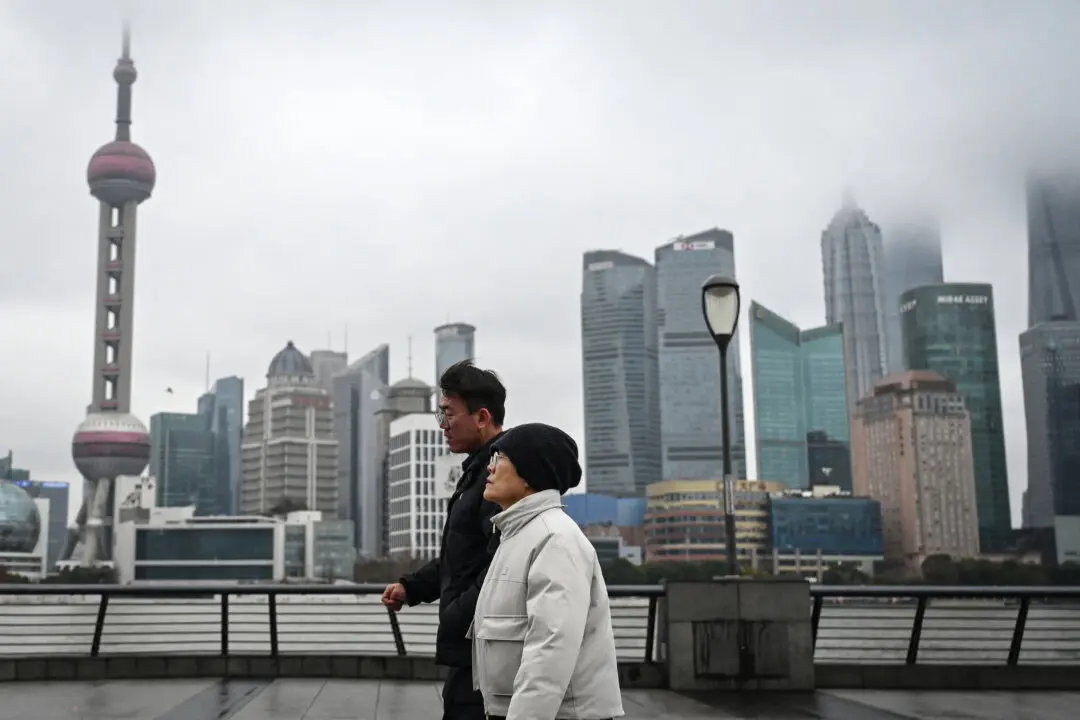The Chinese communist regime’s central bank in recent days cut the long-term loan prime rate (LPR) to a historic low in an attempt to boost the property market amid a slumping economy. However, the Chinese public who have just experienced a stock market crash are skeptical about the cut and remain reluctant to invest in the real estate sector.
The central bank announced on Feb. 20 a cut of the LPR for loans with a maturity of more than 5 years by 25 basis points to 3.95 percent.




